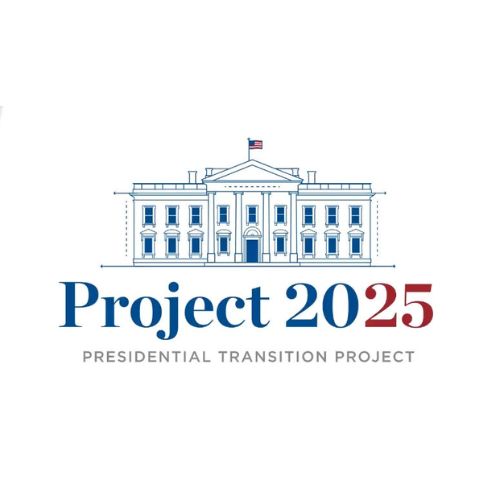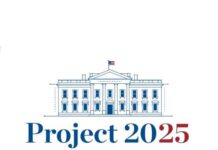
The Heritage Foundation, the conservative think tank behind the controversial 2025 Presidential Transition Project, has expressed its strong opposition to the FCC’s recent proposal to mandate disclosure of AI-generated content in political advertisements.
In a detailed letter addressed to FCC Chairwoman Jessica Rosenworcel, The Heritage Foundation criticizes the FCC for overstepping its legal bounds and creating a regulatory framework that could potentially distort political communication while infringing on constitutional principles.
The foundation argues that the FCC’s statutory authority is limited to specific aspects of political advertisement regulation such as ensuring equal access, maintaining public files, and identifying sponsorship as outlined in the Communications Act and the Bipartisan Campaign Reform Act. According to The Heritage Foundation, the FCC’s current proposal to regulate AI content in political advertisements is not only outside of these bounds but also infringes on the jurisdiction of the Federal Election Commission, which has been previously articulated by FEC Chairman Sean Cooksey.
The FEC has opted not to make any regulations around AI in political ads at this time.
Jake Denton, a Research Associate at The Heritage Foundation’s Technology Policy Center, articulated in his submission that the FCC’s reliance on a broad interpretation of “public interest” to justify such expansive regulation is legally questionable and disregards the limits set by established law, such as the precedent in West Virginia v. EPA.
The proposed rule is also criticized for its uneven application, mandating disclosure only for broadcasters and cable operators, and not for digital platforms, thereby creating a split in how content is regulated based on the medium. The letter argues this could lead to a scenario where AI-generated content on unregulated digital platforms is perceived as more authentic, simply because it lacks mandatory disclaimers, potentially skewing public perception and trust.
The Heritage Foundation deems the NPRM overly broad and vague, saying the rules could inadvertently classify standard practices like color correction or audio enhancement as AI-generated content, thereby imposing unnecessary burdens on content creators and broadcasters, increasing operational complexities, and exposing them to legal liabilities.
The letter closes by saying the FCC, “Should abandon this misguided and potentially harmful proposal. The critical issues surrounding AI in political advertising demand a cohesive regulatory framework that carefully balances technological innovation, free speech protections, and electoral integrity—objectives that lie well beyond the FCC’s remit. The Commission should recognize the limits of its authority and defer to Congress and the FEC to address these complex issues in a manner consistent with constitutional principles and existing regulatory frameworks.”
Heritage’s “Project 2025” is a policy document aimed at promoting conservative policies to restructure the US federal government and consolidate executive power, contingent upon a Republican victory in the 2024 presidential election. The document has raised the ire of many in the Democratic party, leading to calls for investigations into those who contributed – including FCC Commissioner Brendan Carr. The policy plan holds numerous implications for radio, including defunding NPR.






